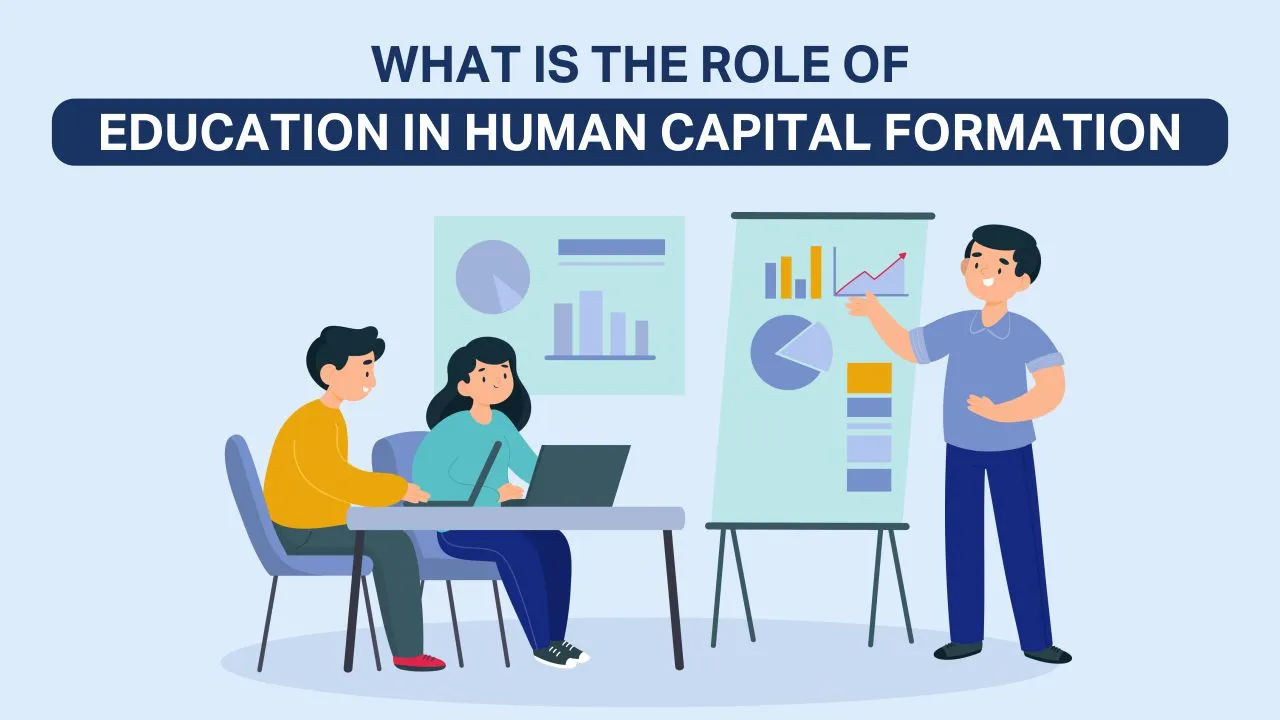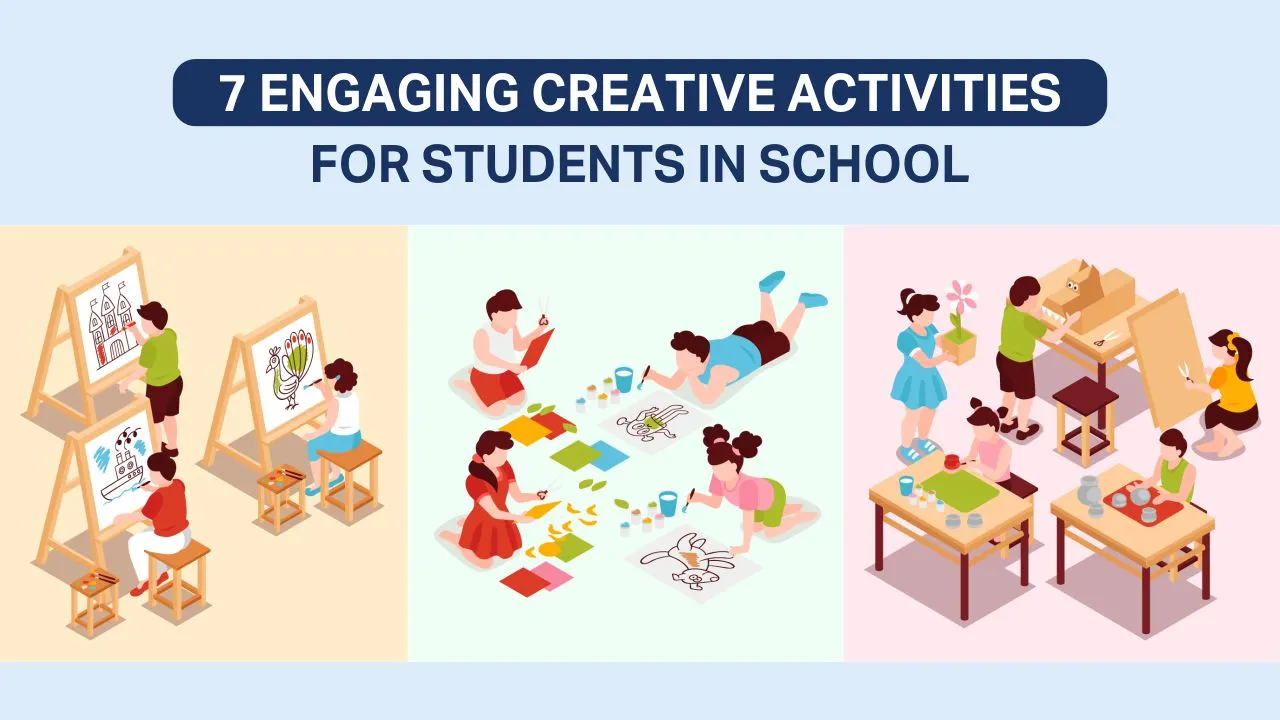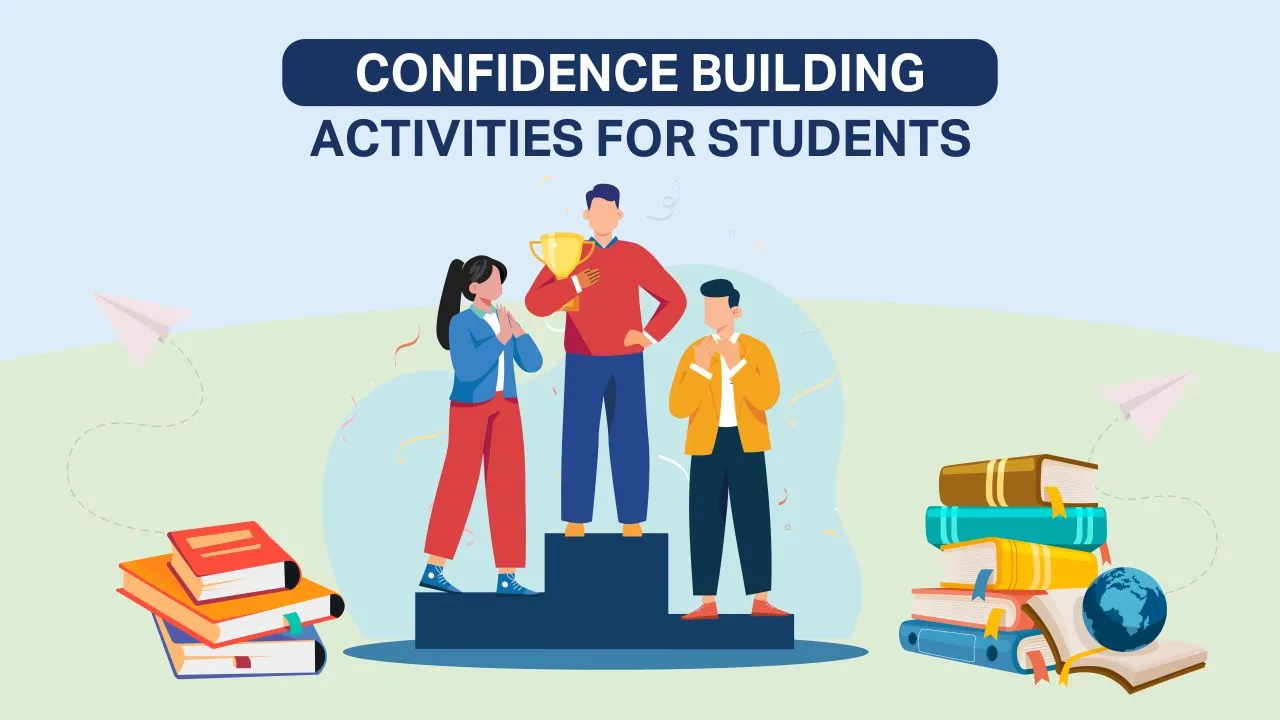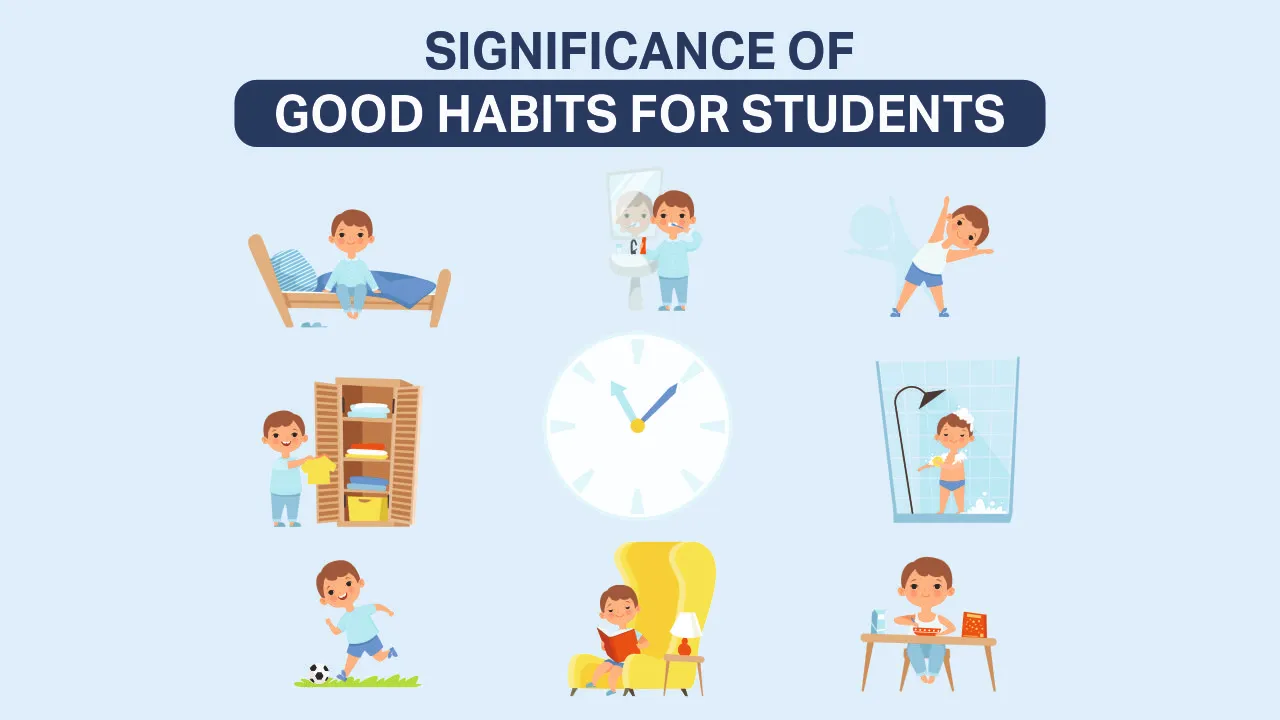What Is The Role Of Education In Human Capital Formation
Have you ever thought what is the role of education in human capital formation? Well, human capital is the sum of a person’s skills, knowledge, experience, and abilities. It is an intangible asset that individuals and societies can develop and use to enhance their economic productivity and overall well-being.
Education plays a pivotal role in the formation and development of human capital, making it a cornerstone of individual and societal progress. In this blog, we will explore the crucial role that education plays in human capital formation and how it contributes to personal and economic growth.
What Is The Role Of Education In Human Capital Formation
1. Skill Development
Education is the primary vehicle for acquiring new skills and knowledge. From early childhood education to higher education and beyond, individuals learn a wide range of skills and subjects that are essential for their personal and professional development. These skills encompass both cognitive abilities and practical skills.
2. Knowledge Accumulation
Education is not limited to acquiring skills but also involves the accumulation of knowledge. From mathematics and science to literature and history, education equips individuals with a broad base of knowledge that allows them to make informed decisions and contribute to society.
3. Enhancing Productivity
When people receive education and training, they become more productive workers. They can apply their knowledge and skills to their jobs, increasing their efficiency and effectiveness. This improved productivity benefits not only the individuals themselves but also their employers and the overall economy.
4. Economic Growth
Education is a driving force behind economic growth. Nations with well-educated populations tend to experience higher levels of economic development. When a significant portion of the population is educated, they can contribute to various sectors of the economy, from technology and innovation to healthcare and education. This leads to increased economic output, improved living standards, and reduced poverty.
5. Social Mobility
Education is often considered the great equalizer in society. It provides opportunities for individuals to improve their socio-economic status and achieve upward mobility. Education enables people from diverse backgrounds to access better job opportunities and higher income levels.
6. Innovation and Adaptability
Innovation and adaptability are crucial for both individuals and societies. Education fosters creativity and the ability to adapt to new challenges. It encourages critical thinking, problem-solving, and a growth mindset, all of which are essential for addressing complex issues and driving progress.
7. Global Competitiveness
In today’s globalized world, nations must compete on the international stage. A well-educated workforce is a key factor in a country’s competitiveness. Highly skilled and knowledgeable individuals are better equipped to participate in the global economy, attract foreign investment, and engage in international trade.
Conclusion
In summing up, you have understood what is the role of education in human capital formation. Education is undeniably the cornerstone of human capital formation. It equips individuals with the skills, knowledge, and mindset needed to succeed in a rapidly evolving world. Moreover, education is not only beneficial for individuals but also for societies and economies as a whole. It contributes to economic growth, reduces inequality, fosters innovation, and enhances global competitiveness.





